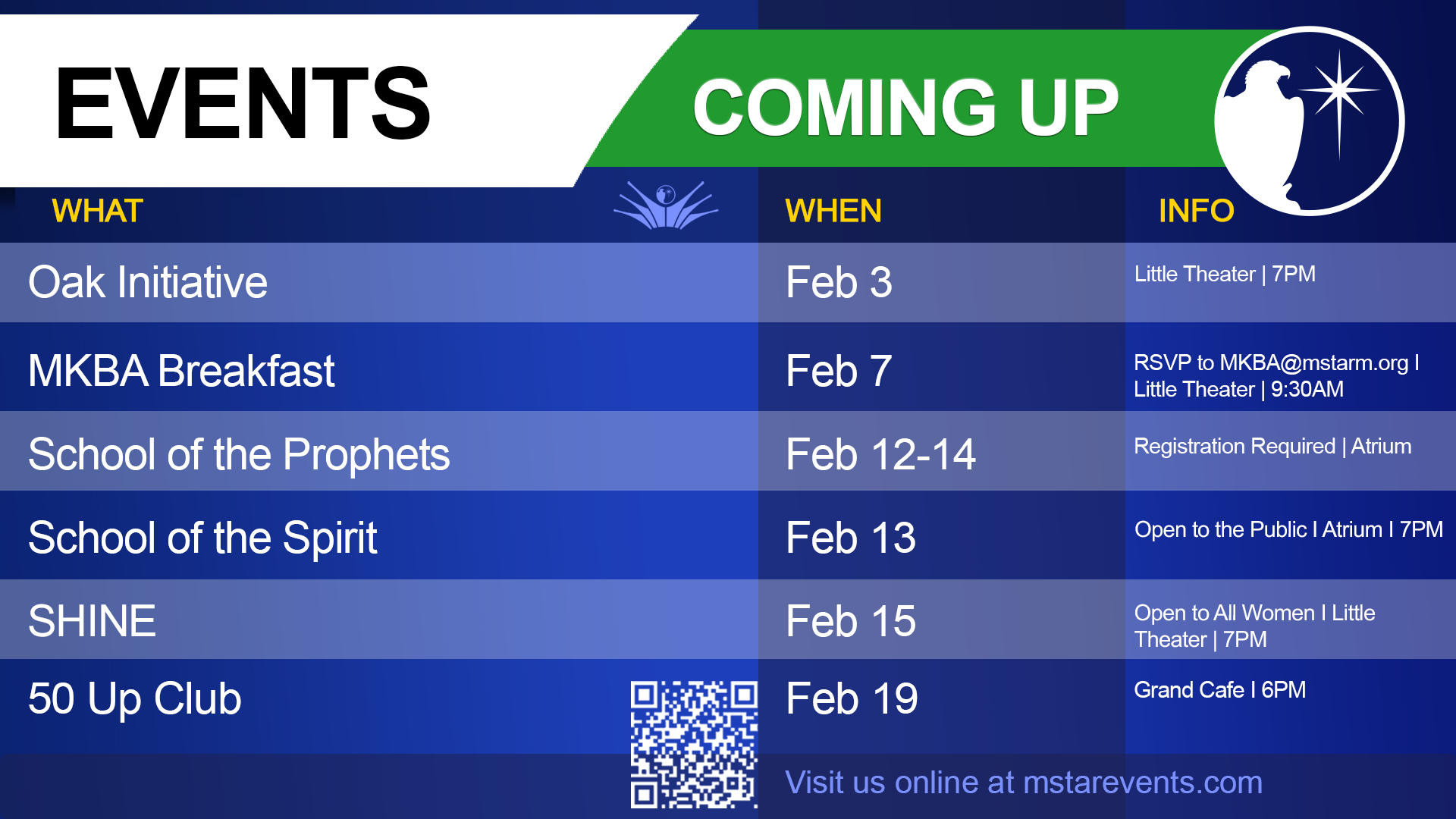This week, we return to our study of the book of Revelation with a short review, starting with the first sentence: “The Revelation of Jesus Christ, which God gave Him to show to His bondservants, the things which must shortly take place …” (see Revelation 1:1). This revelation is about Jesus Christ. We must see all that is written in Revelation as being not only about Him, but also having been given through Him. Only in this way can it be understood as intended.
Jesus is the beginning and the end—the Alpha and the Omega—of the purpose of God. He is the revelation of God, who created all things to be summed up in His Son. In all we study, our main purpose is to behold Jesus in His glory, to draw closer to Him, and to have our lives be summed up in Him until we are wholly found in Him. There are many other subjects illuminated in this revelation—events, angels, people, nations, and the adversaries of the Lord and His truth—but they can only be fully understood in relation to Jesus.
As stated in the first sentence of the vision, it is “The Revelation of Jesus Christ, which God gave Him to show to His bond-servants … .” Understanding what it means to become His bondservant is essential to understanding this vision. Very few Christians are bondservants, though we are all called to be. However, we all can be bondservants. In the times to come, this will increasingly be essential to being His people. We will study this in some depth, just as we will study all of the steps toward maturity in our relationship to the Lord—seeking to live them, not just know them.
If we do even a cursory study of history, we find many events prophesied in his vision began to unfold right after John received the revelation. In Revelation 1:1 they are called, “the things which must shortly take place.” These things have continued to unfold throughout this age, which we will call “the church age.” As we have covered before, this was the eschatology of virtually all of Protestant Christianity until the 1844 Advent Movement.
There is one primary difference between the two basic schools of eschatology, or the study of the end times. One school believes most of the events prophesied in the book of Revelation happen at or near the end of this age, and the other school believes they began immediately after John had the vision and have continued unfolding through the age until now, with only a few predictions still to be fulfilled.
We will include many comparisons between these two schools, and may share opinions, but this should be something we each take to the Lord to confirm and apply. He is our Teacher. In all things we should seek to hear more than just information and principles; we should seek to hear the Word Himself.
Let us also keep in mind that we are promised a blessing just for reading the book of Revelation. As we’re told Revelation 1:3, “Blessed is he who reads and those who hear the words of this prophecy, and heed the things which are written in it.” In Revelation 22:7, we are promised again, “Blessed is he who heeds the words of the prophecy of this book." So, there is a blessing for reading the book of Revelation and another for heeding it. Our goal must be to read it and heed it, which requires that we be changed by it.
Regardless of your position on eschatology or your view of other biblical prophecies, this is one of the most exciting and illuminating studies we can do. It is especially important now, as so many biblical prophecies are unfolding at this time. The Revelation itself was given to help us tie many of these together and understand the entire scope of the magnificent plan of God to sum up all things in His Son.
© 2025 Rick Joyner. All Rights Reserved.



